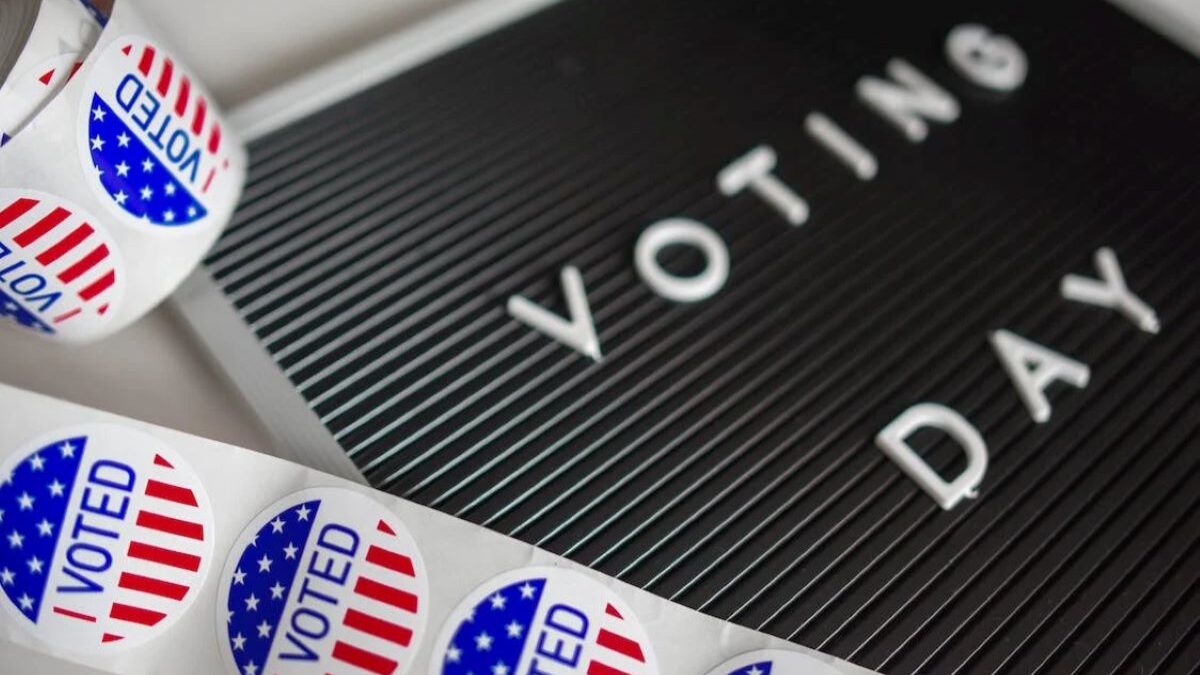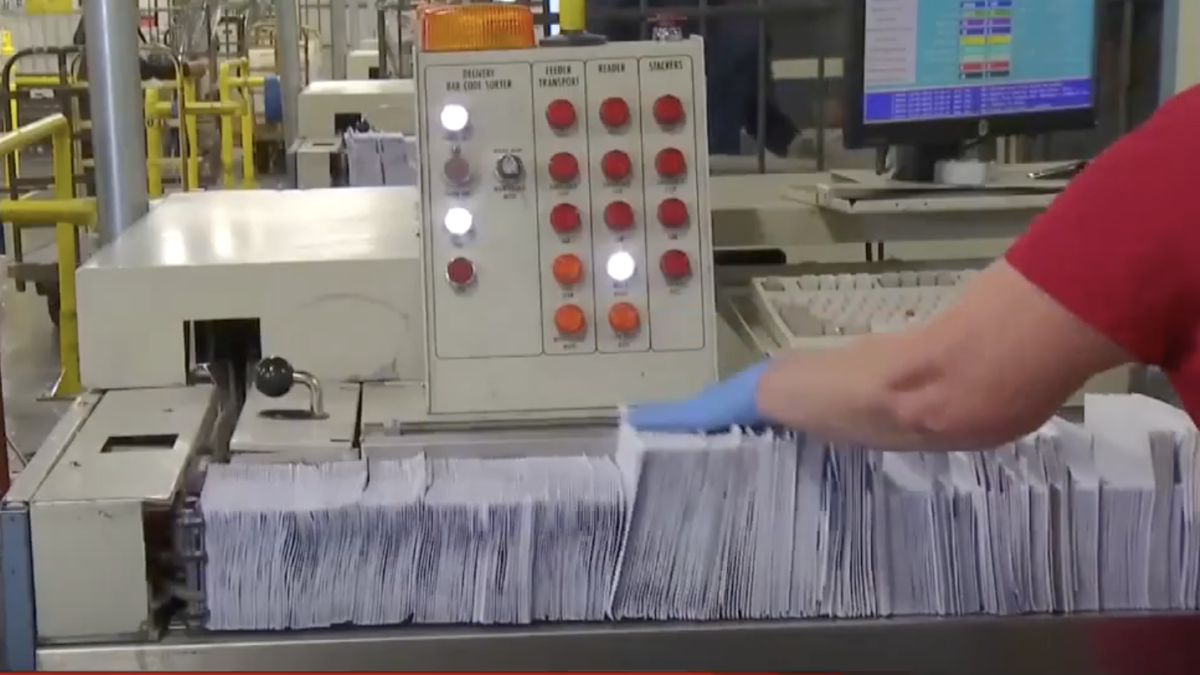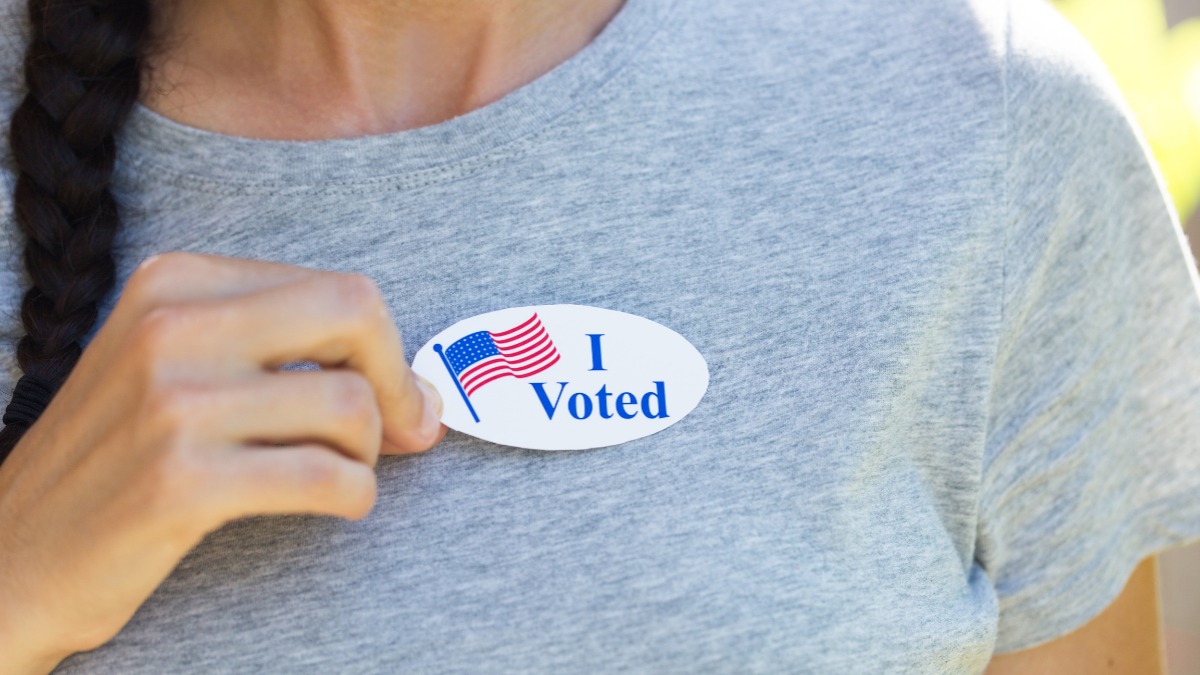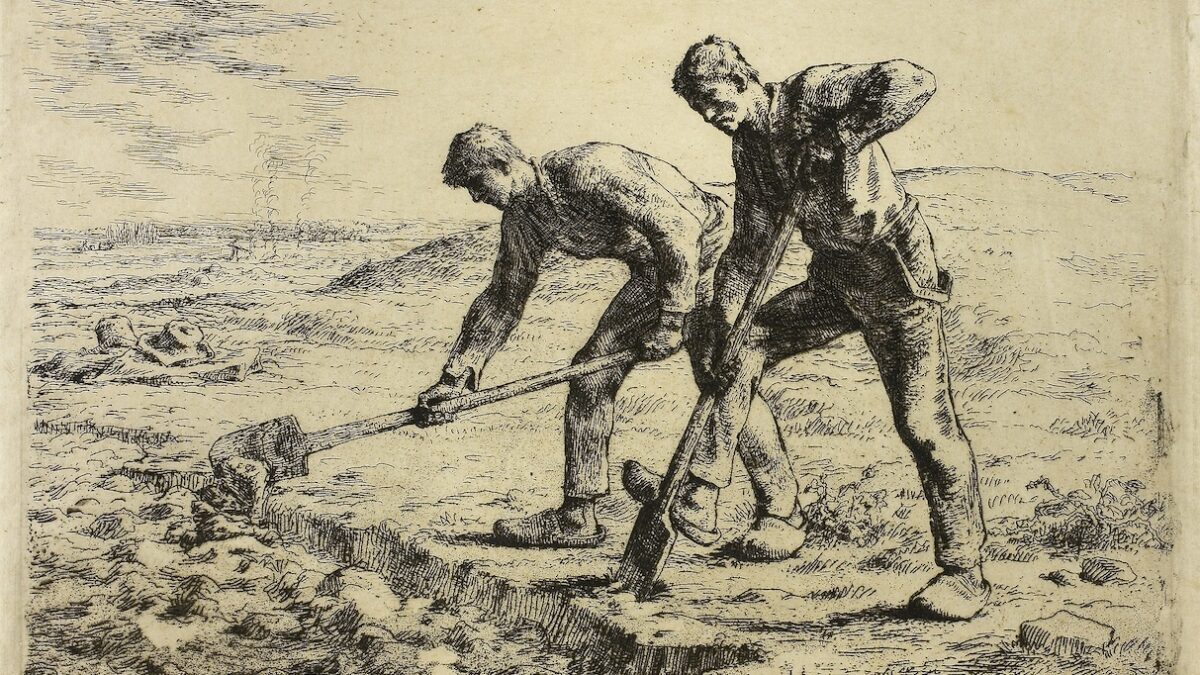President Joe Biden is using the federal government to tread on the authority of the legislative branch, according to an appeal filed today with the U.S. Supreme Court.
The petition for certiorari, exclusively obtained by The Federalist, argues that Biden’s Executive Order 14019, which commands federal agencies to orchestrate an unprecedented, national get-out-the-vote effort, violates the Constitution.
“The executive action taken by the President, nullifies the votes of the individual legislators, nullifies the enactment of the Legislature, violates the Electors Clause, violates the Elections Clause, deprives the legislators of their particular rights, and jeopardizes candidates’ rights to an election free from fraud and abuse,” states the request for the high court’s review, filed by 27 Pennsylvania state lawmakers.
But the plaintiffs aren’t asking the Supreme Court to weigh in on the merits of the case. They’re after the critical question of standing: whether individual lawmakers have the right to take such claims of federal executive branch incursions on legislative duty to court.
Earlier this month, the legislators appealed the case to the U.S. 3rd Circuit Court of Appeals after a lower court dismissed the lawsuit for lack of standing. But the lawmakers say time is of the essence, and they’re seeking expedited consideration from the Supreme Court in a request to bypass the usual appeals process. They’re optimistic that a majority of the justices will find in their favor and the lawsuit will go back to the lower court to rule on the merits. And they’re very confident they’ll ultimately win an injunction stopping state and federal overreach in Pennsylvania elections.
“Petitioners ask this Court to resolve the nationwide conflict over individual legislator standing,” the petition states. “Petitioners have no other recourse. The stakes could not be higher.”
Duty and Nullification
Government watchdogs have described the Pennsylvania State Freedom Caucus’ lawsuit as “the most important election integrity lawsuit in the country.” The outcome could ultimately determine political control in 2025.
Biden’s fiat directs federal “departments and agencies” to “partner” with state, local, tribal, and territorial election officials on voter registration and other GOTV initiatives.
Critics of the federalized GOTV drive call it “Bidenbucks,” a nod to Zuckbucks, the hundreds of millions of dollars in private donations that Facebook founder Mark Zuckerberg dropped on local election offices during the 2020 election. Biden claims his order is all about promoting the “exercise of the right to vote” and eliminating “discrimination and other barriers to voting.” Such lofty-sounding goals, however, get lost in the implementation of the plan, which appears to be created to target traditionally Democrat voters with the assistance of White House-“approved” leftist groups.
In January, 27 Republican state lawmakers — 26 members of the state House of Representatives and one senator — filed a federal lawsuit against Biden and Pennsylvania Democrat Gov. Josh Shapiro, Secretary of the Commonwealth Al Schmidt, and Jonathan Marks, deputy secretary for state Elections and Commissions. The Election Research Institute (ERI), a nonpartisan nonprofit working to restore confidence in the election system, is sponsoring this case. The lawsuit also names seven Biden cabinet members, including Secretary of State Antony Blinken, Health and Human Services Secretary Xavier Becerra, and Education Secretary Miguel Cardona. All of these agencies, and many more, are in on the scheme.
The lawmakers say Biden has infringed on their constitutional rights and responsibilities to operate elections without federal and state executive branch meddling. “[A]ll agency action in conformity with [EO] 14019 is without congressional delegation or funding, and conducted merely by executive fiat,” the lawsuit asserts.
Biden’s order, the lawsuit alleges, has the force of changing Pennsylvania election law, “which usurps the state legislature’s powers and violates the state legislators’ federal civil rights under the Electors Clause and the Elections Clause.” The latter grants state legislatures the authority to prescribe the “Times, Places and Manner of holding Elections for Senators and Representatives.” The former gives each state the power to “appoint, in such Manner as the Legislature thereof may direct, a Number of Electors” to vote for president. That number is based on each state’s two U.S. senators and its total U.S. House members.
The key to both foundational clauses is that state legislatures not only have the right but the duty to set out the terms of elections.
“EO 14019’s implementation is a usurpation of Pennsylvania state law,” the petition charges. “The will of the legislators who successfully voted for the state law to be enacted was manifested through final legislative action, 25 P.S. § 107 (2022). EO 14019 nullifies the intended legal effects of the enacted state law, depriving the individual state legislators of the intended legal effects of their successful vote.”
Same goes for automatic voter registration and other election-related policies unilaterally implemented by Shapiro and the secretary of the commonwealth. Pennsylvania’s leftist executive branch disregarded the will of the General Assembly — and the people of Pennsylvania — in enacting liberal election edicts, the petition alleges.
Beyond Zuckbucks
Pennsylvania was one of many states embroiled in the Zuckbucks controversy of 2020. As a swing state, the Keystone State was a target of unprecedented private money — more than $22 million in so-called “Covid-19 response grants” filtered from the Facebook founder to leftist “voter rights” nonprofits. According to the Foundation for Government Accountability, more than 90 percent of that money went to counties that voted for Joe Biden. Philadelphia County alone received more than $10.5 million in Zuckerberg-funded election administration grants.
In July 2022, Gov. Tom Wolf, a Democrat, signed a bill banning private money in Pennsylvania election administration. It demands that elections receive “lawful appropriations” from federal, state, and local governments. The bill barred public officials from soliciting or contracting with third-party, nongovernmental organizations “for the registration of voters or the preparation, administration or conducting of an election in this commonwealth.”
Now the Biden administration comes storming in with its order urging “approved” third-party groups to work with federal, state, and local governments on voter registration and GOTV initiatives. Congress never appropriated taxpayer funds for the enactment of Biden’s order, a fact the administration has acknowledged. The administration won’t even tell Congress or state elections officials what it is doing, and who’s doing what.
“Exactly what the legislators sought to prevent has now been facilitated by executive action by the President who is also a candidate in the 2024 election and stands to benefit personally from the executive action,” the lawmakers’ Supreme Court filing states.
‘Before the Consequences Become Catastrophic’
Last month, without delving into the merits of the lawsuit, Judge Jennifer P. Wilson of the Middle District of Pennsylvania granted the Biden administration’s motions to dismiss because of the “Plaintiffs’ lack of standing to raise the claims at issue.” Wilson cited rulings from the U.S. Supreme Court and the U.S. 3rd Circuit Court of Appeals that found “individual legislators did not have standing to bring a challenge to an action that allegedly injured the legislature as a whole.”
“Plaintiffs have alleged only an institutional injury resulting from ‘a general loss of legislative power,’” the judge wrote. “A vague, generalized allegation that elections, generally, will be undermined, is not the type of case or controversy that this court may rule on under Article III.”
The plaintiffs beg to differ. They note that their claim mentions nothing of “institutional injury,” or a wrong committed against the entire legislature. They contend the district court judge omits other federal and state court rulings that have granted individual state legislators standing in complaints against the federal government. In fact, the petition notes several state supreme court cases and a key U.S. Supreme Court ruling from the late 1930s — Coleman v. Miller — that created a pathway to legislator standing.
But other rulings contradict those decisions. That’s why, the Pennsylvania lawmakers assert, the U.S. Supreme Court’s intervention is so imperative. The status quo, they argue, is “unsustainably paradoxical.”
“The Court’s lack of clear direction on individual state legislator standing under the Elections Clause and Electors Clause references to the word ‘legislature’ is disabling federal court remedies for state legislators against federal executive and state executive usurpations of state legislative law-making under the Elections and Electors Clause,” the petition asserts.
Erick Kaardal, attorney for the plaintiffs, said Biden’s and Shapiro’s actions have circumvented the clear authority granted to these legislators, and the plaintiffs should have standing to prevent “nullification” of that authority.
The petition points to Supreme Court Justice Clarence Thomas’ previous observation that a case involving federal elections “heightens the need for review” because, as the court said in 1979, elections are “of the most fundamental significance under our constitutional structure.”
The petition closes with a warning from Thomas’ dissenting opinion in 2021’s Republican Party of Pennsylvania v. Degraffenreid. The lawsuit, involving Acting Secretary of the Commonwealth Veronica Degraffenreid, took on the multiple broken laws and irregularities plaguing Pennsylvania’s handling of the 2020 election.
“Changing the rules in the middle of the game is bad enough. Such rule changes by officials who may lack authority to do so is even worse,” Thomas wrote, commenting on the alterations the state supreme court made shortly before the 2020 presidential election to the laws passed by the legislature. “When those changes alter election results, they can severely damage the electoral system on which our self-governance so heavily depends.”
“If state officials have the authority they have claimed, we need to make it clear,” Thomas added. “If not, we need to put an end to this practice now before the consequences become catastrophic.”








